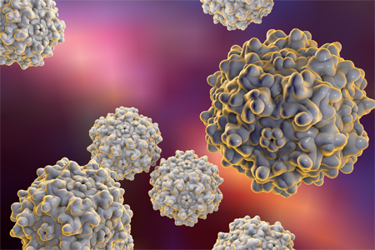Octet® AAVX Biosensors For Rapid And Direct Quantitation Of AAV Capsids
By Yuanyuan Zhang, PhD, Ahmad Kour, Frederik Meierrieks, Nicole Laut, Benjamin Moritz Graf, PhD, Nazgül Wagner, PhD, Ivan Krylov, PhD, Ling Zhang, PhD, David Apiyo, PhD, Bob Dass, PhD

Combined with the Octet® Bio-Layer Interferometry (BLI) platform, the Octet® AAVX Biosensor quantitation assay workflow enables the fast, real-time, and high-throughput measurement of AAV concentrations in samples throughout the AAV bioprocess workflow. This supports rapid process optimization, quality control, and enhanced productivity. Adeno-associated viruses (AAVs) are a preferred vector in gene therapy for gene delivery, with various AAV serotypes—both native and recombinant—used due to their tissue-specificity. In AAV production and manufacturing workflows, virus capsid concentration is a key quality attribute. Traditional methods for quantitating this concentration, such as ELISA, can be time-consuming, labor-intensive, and prone to high variability. This application note demonstrates the performance of the Octet® AAVX Biosensor for measuring AAV capsid titers. The AAVX Biosensor offers a dynamic range of 8.5x10^8 to 1.0x10^13 vp/mL, high precision, and broad binding specificity for different AAV serotypes, allowing quantification across 10 serotypes. It is also compatible with various sample matrices in upstream and downstream processes, requiring minimal sample preparation. Additionally, the AAVX Biosensors are reusable for up to 20 cycles, significantly lowering the cost per measurement.
Get unlimited access to:
Enter your credentials below to log in. Not yet a member of Drug Discovery Online? Subscribe today.
